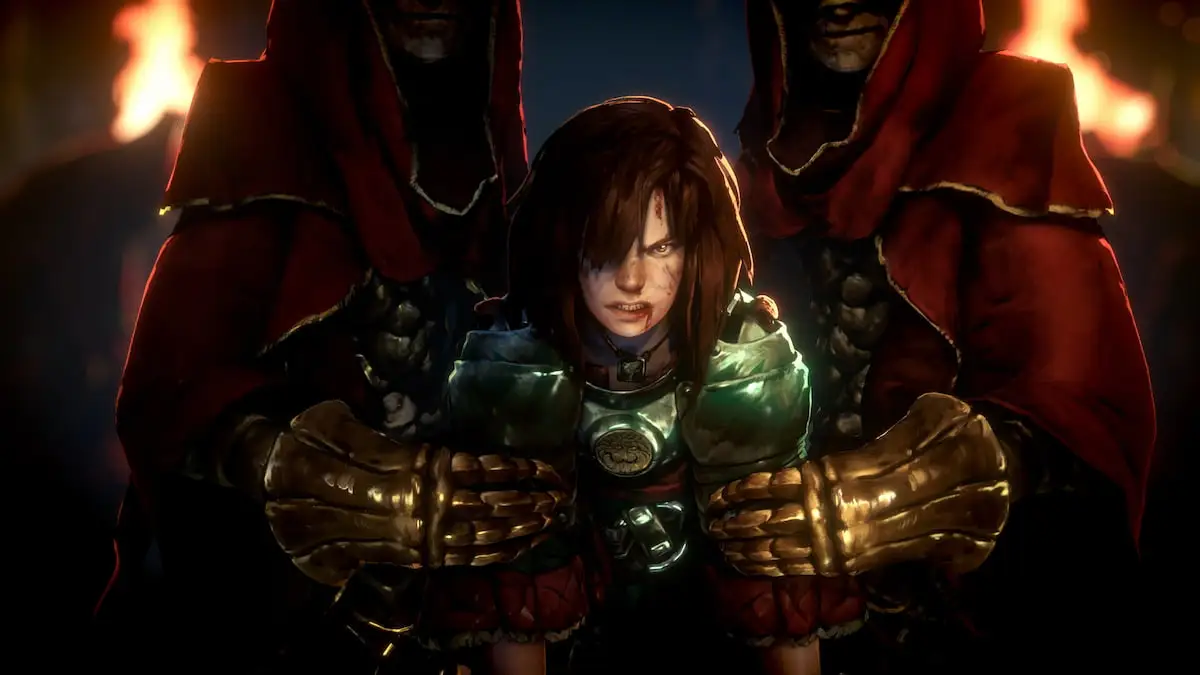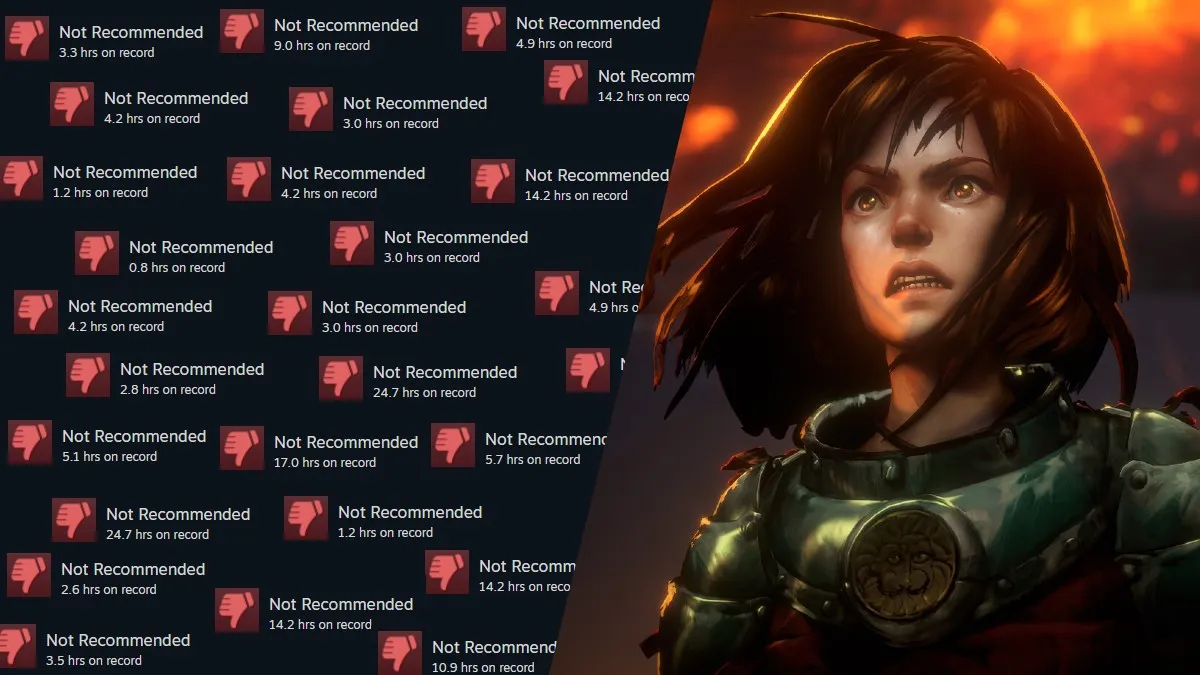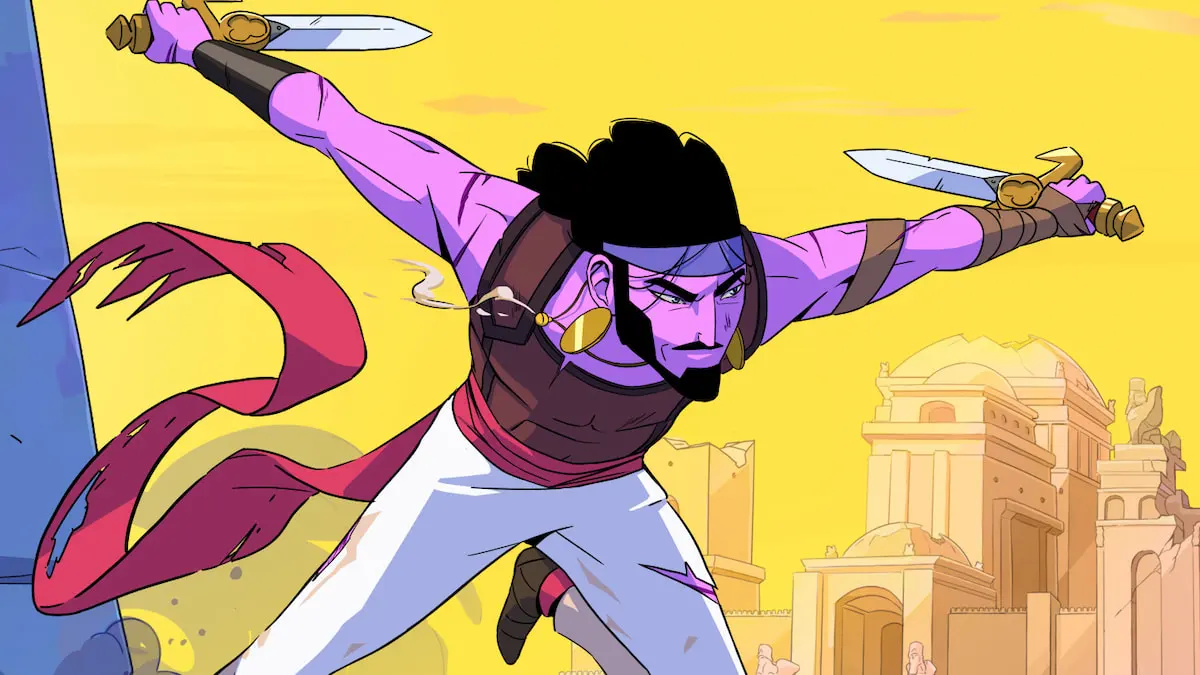Published as part of our sister-site GamesIndustry.biz’s widely-read weekly newsletter, the GamesIndustry.biz Editorial, is a weekly dissection of an issue weighing on the minds of the people at the top of the games business. It appears on Eurogamer after it goes out to GI.biz newsletter subscribers.
When it first became clear that digital distribution was going to be a big part of the future for game software, one often-stated fear was that the industry’s big publishers would never be able to co-exist on a single digital distribution platform. After years of duking it out for prominent positioning in bricks and mortar retailers, with little other than mounting point of sale marketing budgets to show for it, the temptation to do in the digital world what had been impossible in the physical world would be too great. Every publisher would build their own store, with their own products displayed in the shop window and their own direct relationship to the customer. Problem solved.
Problem solved, that is, for everyone except the consumer. The put-upon PC gamer would end up having to install a digital distribution client for every single publisher whose games he wanted to play. He’d need a unique login for each of those stores, he’d need to trust each of them with his personal and financial details, and to make matters worse, he’d probably end up having to maintain separate friends lists on each service, since the chances of inoperability didn’t look high.
Oddly, one of the worst culprits of this kind of anti-consumer thinking seemed to be Valve, whose announcement of Steam seemed to bring a whole new level of ridiculous to the scenario. Steam wasn’t a digital distribution system for a publisher – it was a system entirely focused on one developer, and a developer whose track record for regular software releases wasn’t exactly brilliant, either. In effect, it was an entire digital distribution system demanding installation on your PC for one game only – Half-Life 2.
EA’s intentions are clear – it wants to fragment the PC digital download market and tear a chunk out of Valve’s dominance
It looked arrogant and silly. It was, in fact, a stroke of genius. Half-Life 2 is about the only game in the past ten years which had a broad enough appeal among PC gamers to build the installed base of a digital distribution service to critical mass in one fell swoop. Whether Valve ever quite planned for Steam to evolve in the manner it did is another question, but the end result is clear – Steam emerged as the driving force for PC digital distribution, its immense success effectively cutting off any chance of competition from publishers’ own platforms.
Yet even so, it’s clear that the dream isn’t quite dead, and it lives on in the boardrooms of some publishers, at least. The most notable torchbearer is Electronic Arts, which has this week been making plenty of noise around its Origin service – in particular, implying that upcoming titles from the company will be exclusive to Origin, forcing anyone who wants a digital copy to become an Origin customer.
In one regard, what EA’s doing now isn’t far off what Valve itself did with the launch of Half-Life 2. EA knows that it has a rare PC title on its hands at the moment in the form of Star Wars: The Old Republic, an MMORPG which, while its long-term success is far from guaranteed, does seem certain to attract vast interest in its early months. Many, many gamers will install the game just to see what it’s like, and while EA’s clearly hoping that they’ll stay and play for years, the publisher has a consolation prize lined up for itself if they don’t – even those who cancel their subscriptions will presumably still have an Origin account.
Yet of course, for all that Frank Gibeau is trotting out fighting talk about Origin – touting EA as a future “worldwide leader in digital publishing” thanks to the service – the offering here remains a slightly peculiar one. It’s no different to the walled garden services which we feared would proliferate from every publisher when digital distribution first came to the fore – essentially a piece of software which you have to install, and a requirement that you create an account with the publisher and trust them with your personal and financial details. In return for this, you get access to EA’s games – and nobody else’s, meaning that Origin’s catalogue will never have the breadth or depth of something like Steam, or even of lesser rivals like Impulse or Direct2Drive.
The rhetoric around Origin was bumped up a notch when EA-published title Crysis 2 disappeared from Steam, prompting most people to assume that EA had pulled it from the rival service in preparation for offering it as an Origin exclusive. Yet that, apparently, isn’t what happened here. Rather, Crysis 2 violated Steam’s terms of service, and Valve dropped the title as a consequence. EA presents this in terms which suggest a power-mad Valve imposing harsh terms which no other service demands. As I write this, Valve hasn’t commented yet – but undoubtedly has a rather different take on the issue.
Yet regardless of the technical reason for the withdrawal of Crysis 2, the reality remains the same. Whatever EA chose to do with the game, it did in the full knowledge that it would result in it being pulled from Steam – Valve’s terms may be strict in some regards, but they’re hardly labyrinthine or difficult to understand, and it’s extremely unlikely that there was no communication between Valve and EA before the title was dropped. EA may not have pulled Crysis 2 from Steam directly, but it took an action (what action, we don’t yet know) which it knew would have that consequence.
Consider the sabers rattled, then. You don’t pull a key title from the market’s most successful digital retailer without being filled with confidence and belligerence in equal measure. Misplaced or not, EA’s intentions are clear – it wants to fragment the PC digital download market and tear a chunk out of Valve’s dominance.
On the face of it, that should be good for consumers and developers alike. More competition in the market is generally seen as a positive factor, so delivering a fresh challenge to Steam’s dominance should improve service and prices for consumers, as well as the terms offered to developers. Yet that assumption ignores the nature of the service which EA is proposing with Origin.
The basic hurdle to entry, the need to install proprietary software, is still a high one
Origin won’t actually be competition for Steam – not in any real sense. As a store front for EA’s own products, Origin isn’t designed to attract customers away from Valve’s service – rather, it’s a new client that you’ll install alongside Steam, using Origin for EA games and Steam for everything else. Rather than introducing competition to digital distribution, a single-publisher service like Origin will simply distort the market. Its objective isn’t to inject healthy competition and win market share through a better offering – it’s to create a walled-off service that gives EA more control than before over its customers and pricing, as well as boosting the firm’s profit margins.
In fact, while plenty of people bemoan the dominance of Steam, the reality is that Valve’s service is the closest thing to a healthy competitive market for digital distribution that we’ve got. PSN and Xbox Live control their prices with an iron fist, ensuring that no hint of competition ever enters the marketplace. Single-publisher services like Origin (and, it should be noted, Blizzard’s Battle.net service, although digital distribution is arguably something of an afterthought there at the moment) do the same thing, keeping prices inflated long after a competitive retail environment would have let the gas out of them.
On Steam, while competing retailers don’t knock prices downwards, publishers themselves are at least exposed to competition from one another. Pricing a mediocre game at £40 when a rival is offering a great title for £30 on the same page of the same service is obvious commercial suicide, and while it’s not exactly a fully competitive environment, examples like that do force publishers to price realistically and entice consumers with sales and special offers.
Steam itself, too, is open to competition in some regards – the likes of Direct2Drive and Impulse do exist, after all. This is by no means a perfect situation, and competition between download stores is a bit of a dodgy area in general, given how locked in customers tend to be to a store after a few purchases. It is, however, undoubtedly a healthier situation than having a market made up of walled gardens where each publisher exerts complete control.
Is this cause for concern? Perhaps not quite – not yet, at least. Origin has yet to launch, and bluntly, it seems very unlikely that it’ll ever achieve the kind of success that will have Valve seriously worried, or EA’s publishing peers scrambling to emulate it. The basic hurdle to entry, the need to install proprietary software, is still a high one, especially for gamers who are perfectly happy with the Steam client they’ve got – and it’s hard to see EA’s resolve to keep its titles exclusive to Origin holding out for very long, as the missed revenues from Steam mount up.
However, it’s a worrying glimpse of a future that some publishing executives would love to impose upon their consumers. In the wake of the PSN fiasco, especially, does any consumer really want a world where every publisher whose games you ever play has a software client installed on your computer and your personal data tucked away on a dubiously secure server somewhere? I sincerely doubt it – and any publisher wishing for such a world would do well to remember that making it more difficult and annoying to pay for or access your content has rarely been a productive business model for any creative industry.
If you work in the games industry and want more views, and up-to-date news relevant to your business, read our sister website GamesIndustry.biz, where you can find this weekly editorial column as soon as it is posted.



